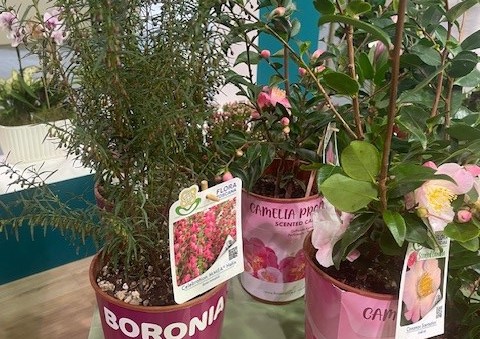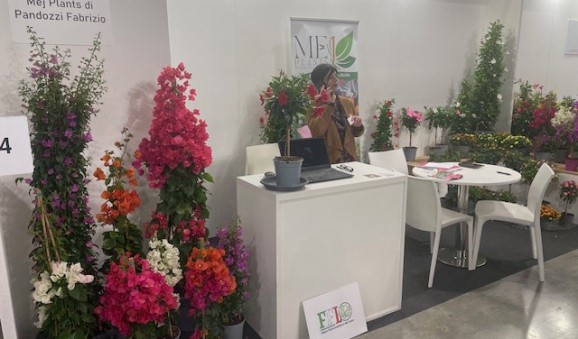
The 26th Premio La Città per il Verde (The Green City) produced many interesting projects.
The award, which is divided into four categories: Urban Greenery, Greenery Maintenance, Best Volunteer Initiative for the Management of Urban Green Spaces and The Resilient City, stands out as a national Italian recognition for policies aimed at the valorisation, management and development of urban greenery and landscape. The theme of the 2026 edition focuses on green spaces as strategic infrastructure for quality of life, biodiversity and adaptation to climate change. The award ceremony took place on 20 February at the Myplant & Garden, a trade fair for ornamental horticulture, gardening and landscape architecture.
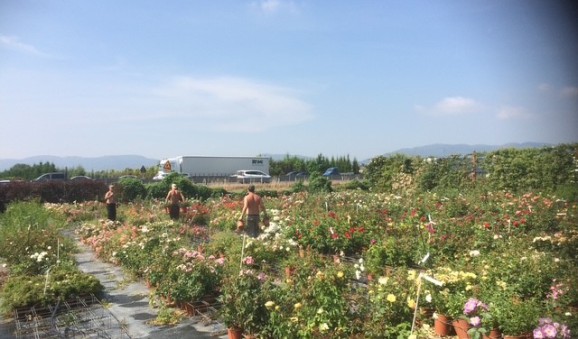
THE ITALIAN AND INTERNATIONAL MARKET
During the Myplant press conference, attention was also paid to figures relating to the Italian market.In 2024, the value of Italian horticulture production exceeded €3.25 billion (ISTAT), up 3.5% on 2023, +23% over five years and +30.8% compared to 2014, despite climatic and market challenges.
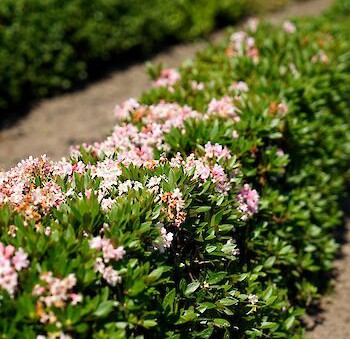
Bloombux® as a Boxwood Alternative: Long-Term Trial in Germany Confirms Strengths of the Dwarf Rhododendron
For many years, the Horticultural Teaching and Research Institute (LVG) Bad Zwischenahn-Rostrup in Germany has been testing boxwood alternatives for small edging hedges under practical conditions. The focus is on the question of which woody plants are suitable as a replacement for boxwood – which is currently plagued by diseases and pests – in terms of winter hardiness, pests, diseases, hedge density, and growth vigor. As one of the few flowering alternatives in the field of evergreen shrubs, the Rhododendron Bloombux® from the INKARHO® breeding program has proven its worth.
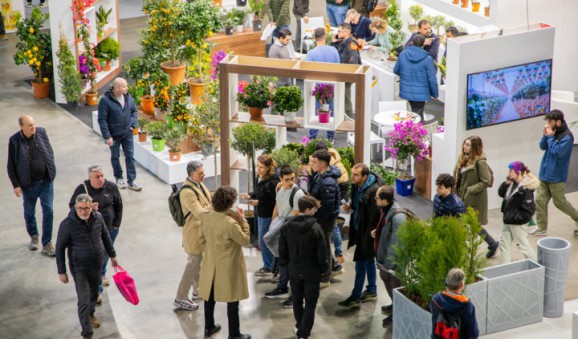
“Green Olympics” at Myplant & Garden
“Green Olympics” in Milan: Myplant, the international trade fair of horticulture, gardening and landscaping (Fiera Milano Rho, 18–20 February), was presented to the press. A 60,000-sqm “green arena” hosting a major exhibition challenge featuring the finest plants, the most spectacular flowers, the most innovative engines, the best landscape projects, the most sustainable solutions, the greenest cities, the best floral design schools, and the most effective techniques for green care.

BRICODAY, 18th edition: 23-24 September 2026 at FieraMilano Rho (IT).
Bricoday confirmed its central role in the international trade fair landscape of the DIY–home–garden sectors with a record-setting 2025 edition, marked by double-digit growth in both exhibitors and visitors and by strong interest in its rich programme of events, mention the organisers.
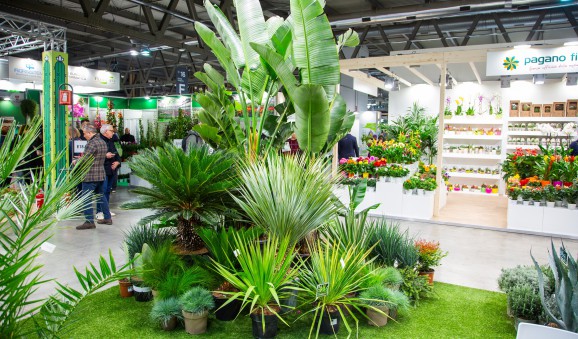
Special attention for landscaping at Myplant&Garden
Myplant & Garden is preparing to celebrate its TENTH edition, 18-20 February2026. The theme is 'Green is More". A special milestone that also marks significant growth: 60,000 m2 of exhibition space and the debut of MY LANDSCAPE, in Pavilion 8, the new thematic area dedicated to landscape architecture, the environment and constructed greenery.

Hillier Nurseries, UK, wins AIPH International Grower of the Year 2026
The coveted Gold Rose Award was presented to Hillier Nurseries on Tuesday, 27 January 2026, during a ceremony at IPM Essen in Germany by Linda Hoogendoorn-Veelenturf, CEO of MPS Group – the main sponsor of the Awards. Established in 2009, the AIPH IGOTY Awards recognise best practices in horticulture by the world's leading ornamental plant nurseries and celebrate the expertise and energy they bring to horticulture.

4 Garden plants awarded in IPM Novelty contest
As part of the opening ceremony, the best new plant introductions were honoured in the IPM Novelty Showcase. The competition attracted 42 entries from 27 exhibitors. Eight new varieties were awarded in six categories. Four plants were awarded prizes in the woody plants category.
